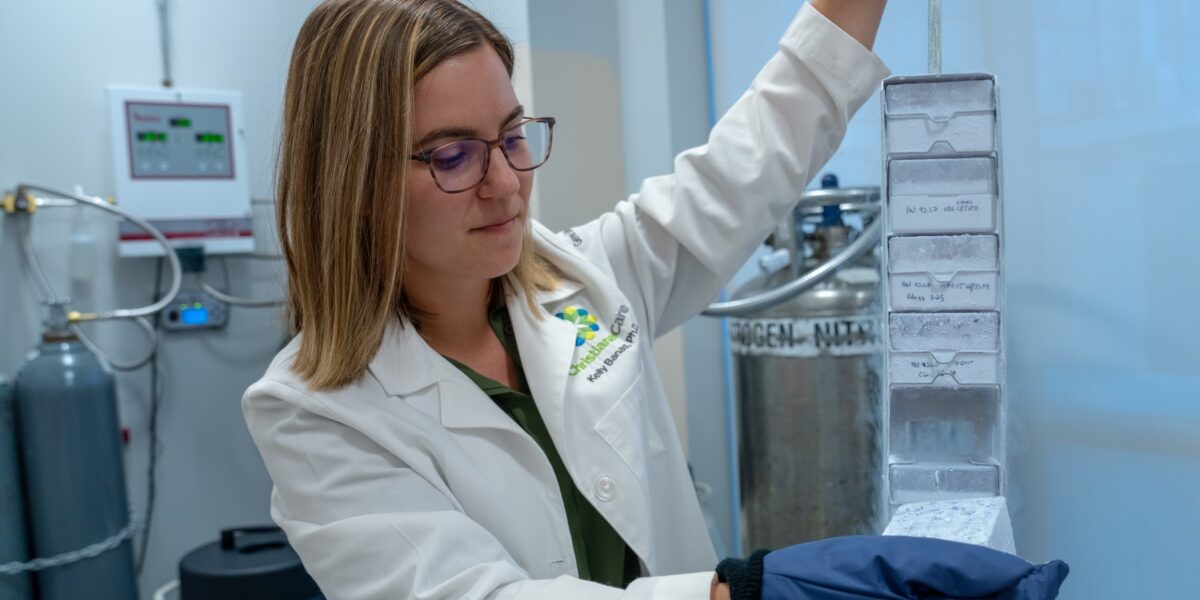Login
Hereditary Colorectal Cancer
Do you have an elevated risk?
Know Your Risk
Personal Cancer Risk Assessment
If you answer yes to any of the above, then your personal or family history may indicate an elevated risk for colorectal cancer. Your doctor may recommend genetic consultation to further assess your family history and determine if genetic testing is an option for you or your family. Your ChristianaCare genetic counselor will help you consider treatment and lifestyle options to reduce your risks or diagnostic options to help you detect cancer at its earliest, most treatable stage.
Cancer Types
Colorectal cancer begins as pre-cancerous growths called adenomatous polyps in the colon and rectum. Doctors are able to remove these polyps before they turn into cancer during a colonoscopy. Left untreated, these polyps can turn to cancer.
If you carry a mutation in one of the known hereditary colorectal cancer genes, you have an increased risk of developing colon cancer. Hereditary colorectal cancers are divided into two categories:
Manage Your Risk
If your personal or family history indicates an elevated risk for breast or ovarian cancer, your doctor may recommend genetic testing to look for a genetic marker. Your ChristianaCare genetic counselor will help you consider treatment and lifestyle options to reduce your risks or diagnostic options to help you detect cancer at its earliest, most treatable stage. As part of your genetic consultation, your family history information is entered into Delaware’s high-risk family cancer registry where you can help scientists learn more about cancer patterns in our community and work toward new discoveries in cancer prevention, diagnosis and treatment.

Knowing your personal risk based on your family health history may help you and your doctor prevent cancer or detect it early when it is most treatable.
Related Content
Contact Us
Make an appointment today to complete your personal cancer risk assessment with a licensed genetic counselor, and to learn more about how you can be part of Delaware’s high-risk family cancer registry. Call 302-623-4593, option 1, or toll-free at 1-800-811-8116.


